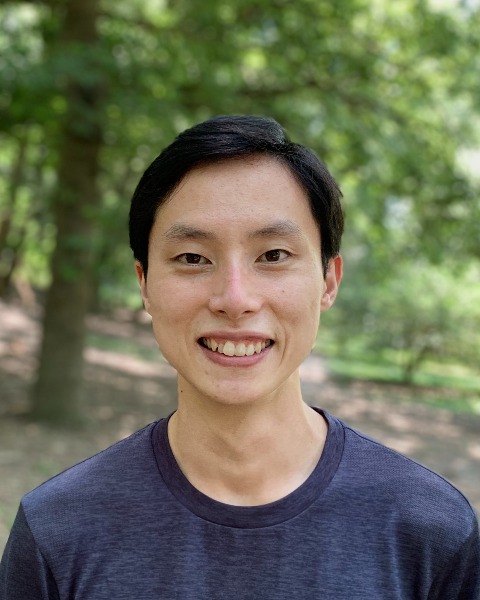Back
.png)
On-demand recording will be available 24hrs after the presentation.
Assay Development and Screening
Innovation Award
Innovation Award Presentations
A coculture platform to screen therapeutic bacteria within tumor spheroids
Tuesday, February 8, 2022
1:30 PM – 2:00 PM
Location: Grand Ballroom
Sponsored By: HighRes Bio
.png)

Tetsuhiro Harimoto, MS
Graduate Student
Columbia University, New York, United States
The prevalence of tumor-colonizing bacteria has spurred new research directions including the engineering of bacteria to locally deliver therapeutics to tumor environments. However, a central challenge for translating this next-generation therapy to clinics is the lack of tools to identify potent therapeutic strains in tumor environment. Thus, the vast majority of the past studies have relied on animal models that only test a handful of therapeutic candidates. To address this challenge, we developed a novel 3D multicellular coculture platform that enables parallel and continuous culture of diverse bacteria in tumor spheroids, recapitulating selective bacterial growth in solid tumor. Leveraging the high throughput nature of the platform, we screened a library of therapeutic bacteria expressing cytotoxic molecules. We identified novel therapeutic bacteria that significantly reduced tumor size and validated similarities in efficacies using a syngeneic mouse model. Utilizing the stability of the multicellular culturing system, we also tested the performance of engineered bacterial biosensors in a physiological environment. We constructed oxygen, pH and lactate sensors that controls bacterial growth, and confirmed their activities in tumor spheroids. This approach identified a strain that reduced off-target colonization in an animal model. These approaches can be utilized towards accelerating the development of therapeutic bacteria for clinical applications.



